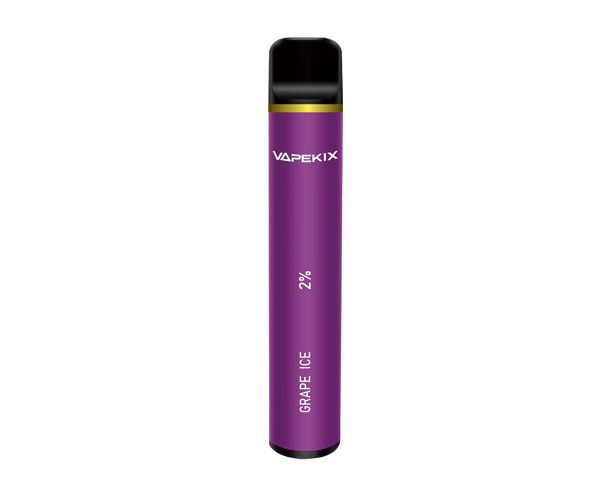Views: 191 Update date: Apr 26,2023
E-liquid is one of the core accessories of vape and an important part of vape products. At present, China is the world's largest vape production and export country, and the export of vapee-liquid has also become one of the important sources of income for e-liquid manufacturers. However, at the same time, exporting e-liquid also faces many difficulties and challenges.

First of all, since e-liquid contains substances such as nicotine, customs declaration and customs certification have become a major difficulty in exporting e-liquid. The classification and identification of e-liquid involves national taxation and enterprise import and export trade issues, and it is easy to attract the attention of the customs. Due to the liquid characteristics of e-liquid and the sensitivity of nicotine and other components, the customs will conduct inspections on imported e-liquid Strict checks, e-liquid may be seized if something goes wrong. This is very detrimental to e-liquid manufacturers, because the seized e-liquid will not only cause economic losses, but may also affect the manufacturer's reputation and reputation.
Secondly, logistics is another problem faced by e-liquid export. Since e-liquid is a liquid substance and contains ingredients such as nicotine, many logistics companies are reluctant to accept e-liquid business, because leakage or other problems may occur during transportation, causing potential risks and losses to logistics companies . Even if it is successfully shipped to foreign countries, due to high logistics costs, it is difficult for e-liquid to be sold in the local market, resulting in huge losses for e-liquid manufacturers.
In response to these problems, the Vape Industry Committee of the China Electronic Chamber of Commerce held a special meeting on the classification of vapee-liquid exports to solve the various difficulties faced by exporting e-liquid. The meeting mainly discussed issues such as vape export category declaration and classification, customs tax classification, etc., and conveyed to the representatives the attitude and opinions of the General Administration of Customs on the issue of e-liquid category identification. The committee calls on member companies to strictly implement relevant national regulations and actively reflect their demands so as to safeguard the legitimate rights and interests of member companies.
Although the popularity of vape has become more and more widespread, the export of e-liquid still faces many difficulties and challenges. On the one hand, since e-liquid contains harmful substances such as nicotine, the customs declaration procedure of e-liquid is very difficult. Even if it is successfully exported to other countries, it is likely to be detained by the customs on the other side. On the other hand, logistics problems are also an important factor restricting the export of e-liquid, because e-liquid is a kind of liquid, and many logistics companies are unwilling to accept this kind of business. In addition, transporting e-liquid requires special packaging and shipping conditions, so logistics costs are also high, which makes it very difficult to sell e-liquid in foreign markets.
In order to solve these problems, the Vape Industry Committee of China Electronic Chamber of Commerce recently held a special meeting on e-liquid export classification. The meeting mainly discussed issues such as declaration and identification of vape export categories, customs tax classification, etc., and conveyed the attitude and opinions of the General Administration of Customs on the identification of e-liquid categories. At the meeting, members of the committee called on member companies to strictly implement relevant national regulations and comply with customs requirements. At the same time, the committee will also do its best to safeguard the legitimate rights and interests of member companies.
Although e-liquid export still faces many difficulties and challenges, this meeting undoubtedly provides a platform and an opportunity to solve these problems. Through the discussion and resolution of issues such as export category declaration and customs tax classification, more favorable conditions and environment will be created for e-liquid export. At the same time, the committee's advocacy also reminds e-liquid manufacturers to export products legally and compliantly, comply with international trade rules and customs requirements, so as to ensure the sustainability and long-term development of export business.
In short, e-liquid export is an important international trade activity, which not only involves the economic interests of enterprises, but also relates to the country's taxation and import and export trade. In the future, we believe that e-liquid manufacturers and vape committees will work together to overcome various difficulties and challenges, realize sustainable export of e-liquid, and make greater contributions to the long-term development of the vape industry.




 Prev:Tobacco flavored e-liquid challenge
Prev:Tobacco flavored e-liquid challenge Next: Reasons behind the proliferation of imported...
Next: Reasons behind the proliferation of imported...


